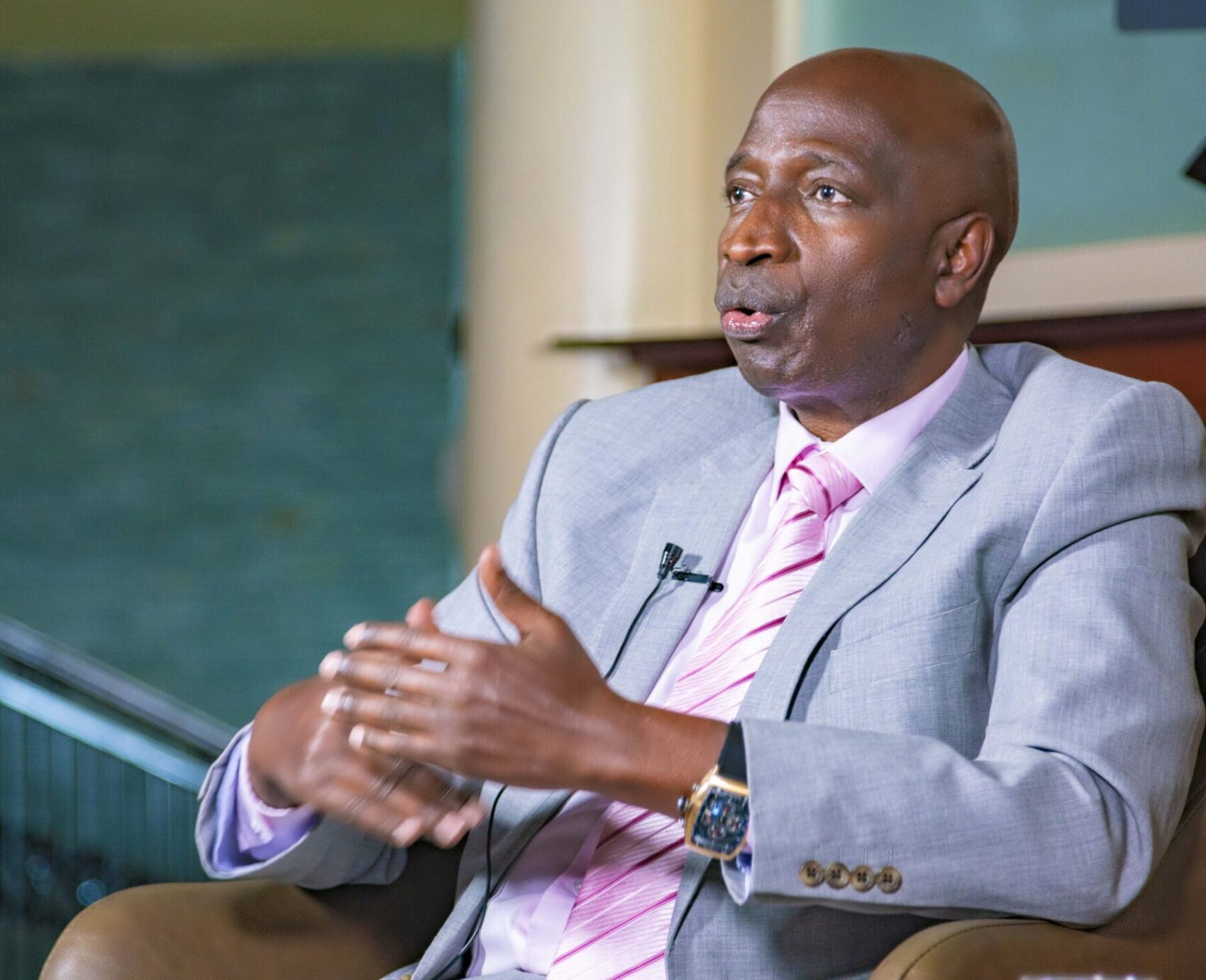
If there is anybody in Uganda who knows Uganda’s oil and gas story, that person is Ernest Rubondo. Having completed his MSc in Petroleum Reservoir Geology at the Imperial College of Science, Technology and Medicine in London in 1990, he worked briefly with Scott Pickford Plc, a UK oil and gas consulting company and returned home to work for the Ministry of Energy and Mineral Development (MEMD) as one of the pioneers in the newly set-up Petroleum Exploration and Production Department (PEPD). For nearly 30 years, he would work in PEPD, rising to become its Commissioner between 2008 and 2014. In 2015, he was appointed Director of Petroleum in the Ministry until 2016, when he was appointed by the Board of the Petroleum Authority of Uganda as the Authority’s first Executive Director. In this interview with CEO East Africa Magazine, Mr Rubondo drills deep into the Authority’s first five years, that have laid a firm foundation of what he says, is a future full of great things for both the Authority and the Ugandans for whom it serves!

Mr Ernest Rubondo, the Petroleum Authority of Uganda’s first Executive Director. Although he has been in office for 4 years, Rubondo wields nearly 30 years’ experience in Uganda’s nascent oil and gas sector.
First, for the uninitiated, what exactly is the role of the Petroleum Authority of Uganda? What does regulating and monitoring the petroleum sector to create lasting value entail? How exactly do you achieve this– what is involved?
First of all, it is essential to recognise that the Petroleum Authority of Uganda (PAU) is one of the three institutions of government responsible for stewarding the oil and gas sector in the country. The other two institutions are, the Ministry of Energy and Minerals Development (MEMD) which is in charge of policy as well as licensing companies in the sector, and the Uganda National Oil Company (UNOC) which takes care of the commercial interest of government in the oil and gas sector.
In doing our work, we focus on areas (6) areas, namely:
- Petroleum Resource Management: The Authority is required to ensure that the petroleum resources in the country are known in very great detail– where they are, in what quantity and how easy it is to produce them, in the best way possible.
- Cost Management and Economic Analysis: We have a responsibility to ensure that the costs incurred during the petroleum operations are only those that are necessary and are approved. This is particularly important because all the costs that are incurred will be recovered by the oil and gas companies, when the oil production starts. To maximise value for Uganda, we ensure that only what needs to be spent is what is being spent, because the less we spend, the more Uganda will have to share when production starts.
- Petroleum Data Management: To efficiently manage the country’s petroleum resources, we must acquire, appropriately receive, archive all the data generated from oil and gas activities in Uganda. This data includes Geological and Geophysical (G&G), Engineering, Health, Safety and Environment (HSE), Costs, National Content, Subsurface and Surface Facilities. The PAU also manages and assesses and responds to requests for data with respective stakeholders, in a way that maximises value out of this data. In line with the above, the PAU continues to implement:
- The establishment of an internationally standardised and competitive tier-three data centre.
- Efficiency in service delivery by establishing Information, Communication and Technology (ICT) Infrastructure and e-Government systems; the National Supplier Database (NSD) and the National Oil and Gas Talent Register (NOGTR); and,
- The development of the National Petroleum Data Repository.
- Environment, Health, Safety and Security: The third important aspect is ensuring that the oil and gas activities are undertaken safely, and in a way that does not harm people and the environment.
- National Participation: This aspect involves ensuring the participation of Ugandans. This is very crucial because the oil and gas sector is new in the country and as such how to get Ugandans involved has been the worry of everybody. So one of our biggest responsibilities is to promote the significant participation of Ugandans in the oil and gas sector- to increase employment and business opportunities for Ugandans and Ugandan enterprises. To do this requires the enhancement of the capacities of both the people and the enterprises to enable them to compete because the oil and gas sector is competitive and does not compromise on quality.
- Stakeholder Engagement: The final and fifth area of our mandate is to ensure the sustainability of this sector by onboarding and aligning all stakeholders— government ministries, departments and agencies; the private sector; civil society, etc. But as you will appreciate, this is not specifically for the Authority alone because the Ministry of Energy and Mineral Development, as well as UNOC, also have a responsibility to engage stakeholders.
- Read more: https://www.ceo.co.ug/petroleum-authority-of-ugandas-ernest-rubondo-uganda-is-on-a-steady-path-towards-creating-lasting-value-as-we-journey-to-first-oil/?fbclid=IwAR0GllKRCibGjLMdxxVf5AQZpBVeZVB81Y0SovgqoyL_EgcUeA1elaXGHkc
